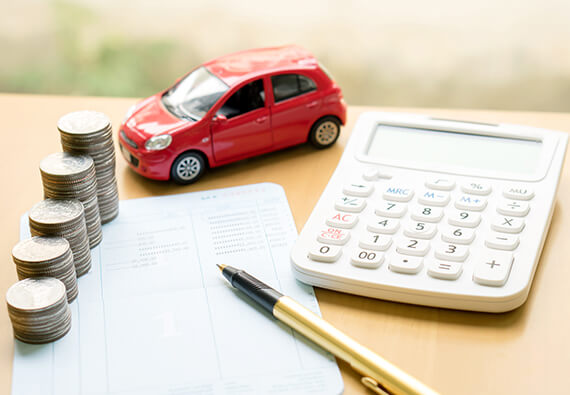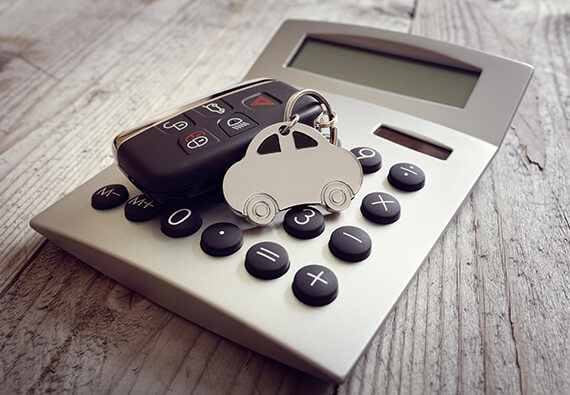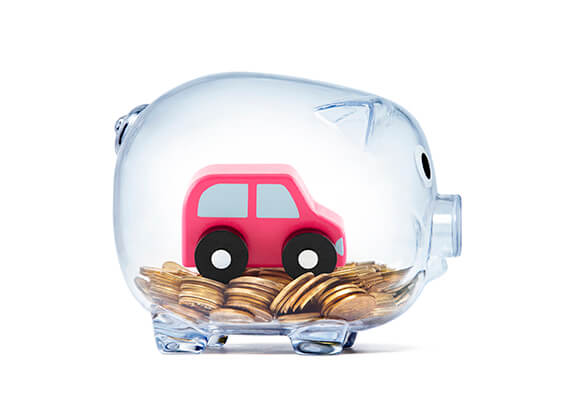Search cars with finance for sale in Ireland
View finance deals from popular brands
What is PCP Finance?
PCP (Personal Contract Plan) finance is available on both new and used cars. It is a finance contract that is typically paid back over a 2-3-year period via monthly instalments, as well as an initial deposit of between 10% and 30%. A portion of the car’s value is deferred until the end of the agreement.

PCP Finance Myths Answered
PCP is favoured by around 70 per cent of customers. But what are some of the potential concerns relating to PCP? Read on, as we answer the key FAQs.

What is Hire Purchase?
Hire Purchase is the simplest way to finance a car and it’s basically a good, old-fashioned car loan. Like PCP, you pay a deposit of your choosing and then pay monthly finance on the rest of the car’s value, plus interest (set by the amount of APR). Unlike PCP though you will own the car at the end of the agreement without having to pay a lump sum.

What is APR?
If you’re going in for any type of personal finance – where you are borrowing money from a lender – then APR will usually be mentioned. APR stands for Annual Percentage Rate, and it’s the official rate that helps you understand the cost of borrowing.

Car Finance Deposit Explained
If you’re going to buy a new car on finance, or you’re looking to part-exchange your current vehicle as part of the deal, then you’re in essence going to be paying some form of deposit. But what’s the minimum deposit, what’s the maximum and how does part-exchange work?

Ask Carzone
Got a question? Our motoring expert, Shane O’Donoghue can help!
Ask us anything motoring related and please provide as much information as possible so we can give you the most accurate advice.



